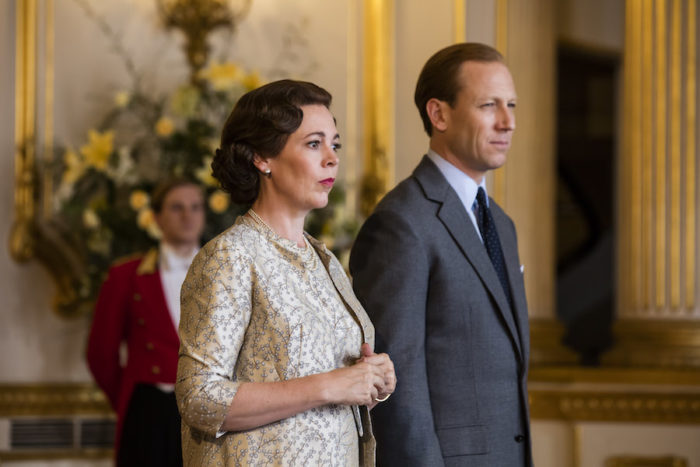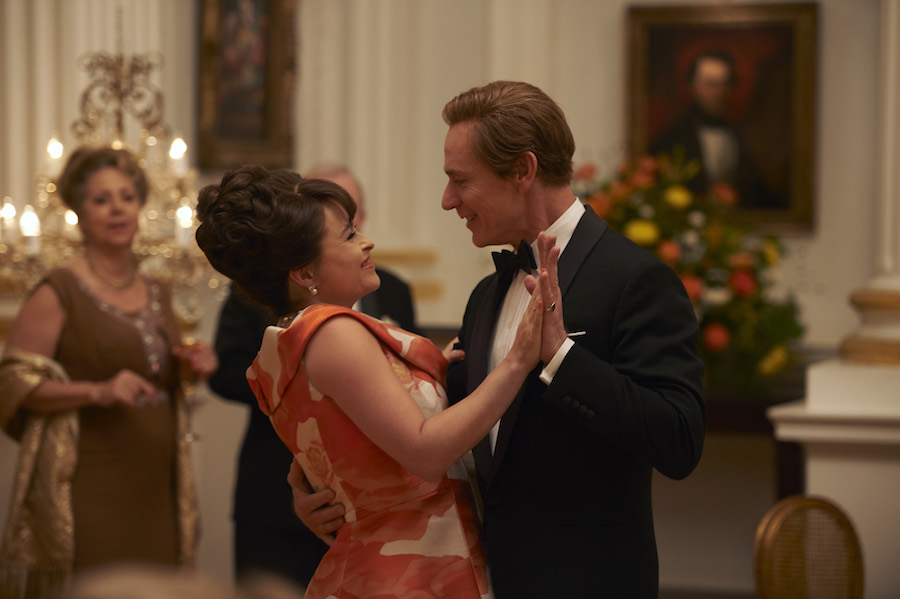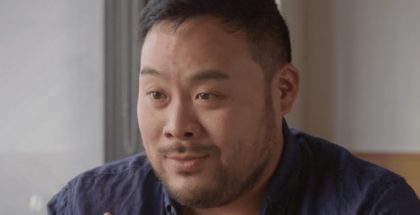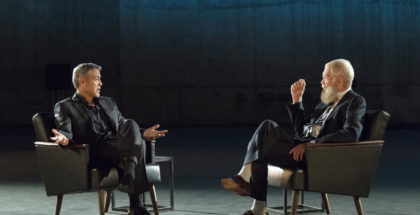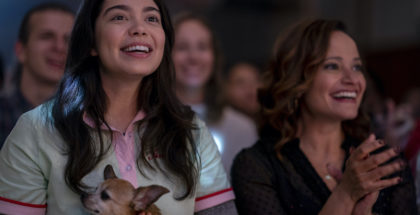The Crown Season 3 review: New cast, same class
Review Overview
Cast
8Scripts
8David Farnor | On 16, Nov 2019
“Everything is political,” remarks Prime Minister Harold Wilson (Jason Watkins) in Season 3 of The Crown. He says it as he’s going to visit the village of Aberfan in the wake of the mining disaster of 1966, a trip that he’s making but the Queen refuses to. The crown, as far as she’s concerned, visits hospitals but not disasters. Wilson, though, is right: for such public figures, everything is political, just as everything is personal, and separating the two (or not) is a never-ending challenge. Doing nothing and saying nothing is the hardest thing to do, Queen Elizabeth II was told in Season 1 of Netflix’s drama, and as the show returns for Season 3, it returns to that truth again and again. If the formula of The Crown is starting to feel a tad too familiar, though, it finds fresh stakes, both personal and political, by filtering it through the experiences of different and new characters.
The royal drama has always found its strength in its ensemble-oriented approach, with Matt Smith and Vanessa Kirby bringing depth and sympathy to Prince Philip and Princess Margaret respectively. But with a new cast taking over for the third and fourth season, they, like Her Royal Highness, feel like brand new characters again.
Olivia Colman steps into Claire Foy’s shoes seamlessly, managing to retain the calm, prim and proper facade that has always served to cover up feelings, opinions and other improper things. In Colman’s hands, the older monarch has that facade down cold – quite literally – and is the best of the family at staying cool and collected. That exterior is so established, though, that Colman blends the tough resilience with a lived-in sense of discomfort and fear of being outdated – especially when positioned next to Margaret.
Episode 1 and 2 of Season 3 place their bond at the heart of affairs, and Helena Bonham Carter takes over the role of the impetuous, impulsive sister with a flighty exuberance that’s all too fitting. She’s the hardest to adjust to out of the inter-season transformations, but her and Colman have a bond that immediately convinces. “The two of us are complicated,” declares one. “She and I are complicated,” summarises the other. The tension between the elder and the younger, the number one and number two, has only heightened with age, yet both are intimately familiar with each other enough to be able impersonate their sibling, no matter how far apart they often feel. The comparison between them, meanwhie, is inescapable for Elizabeth, and Colman’s quiet relection on their clashing personalities is a wonderful contrast to Bonham Carter’s loud presence, especially when she’s sent to charm President Johnson (Clancy Brown) into giving the UK a financial bailout.
The best piece of recasting, though, is Tobias Menzies, who is marvellous as Philip. Menzies is unrecognisable as the Duke of Edinburgh, managing to tap into both the man himself and Matt Smith’s interpretation of him. He’s still got the same head-tilt and walk, and a trace of that petulance and entitlement, but it’s also matured and mellowed slightly, with Menzies’ Philip first introduced to us as he laughs off a comment about not being king. The fourth episode, titled Bubbikins, finds a whole new side to him and his mother, unearthed with surprise and heart by a reporter played by Colin Morgan – even those who aren’t fans of the Royal Family will find it hard not to sympathise at the end of this hour. (Although it’s a mark of how timely the show is that this isn’t the last time we’ll watch a member of the royal family participate in a documentary that goes horribly wrong.)
Colman, Carter and Menzies are joined by two notable additions: Erin Doherty, who is uncannily accurate as Princess Anne and can communicate a wealth of conflicting thoughts and emotions with a single vowel; and Josh O’Connor as Prince Charles. O’Connor, who delivered a star-making turn in God’s Own Country, is remarkable as Charles, adding depth and nuance between those recognisably substantial ears. He looks and sounds like the Queen’s son, but brings much more than impersonation to the role, and that’s before we even enter into the romantic territory posed by the introduction of Camilla Shand.
O’Connor is given a brilliantly deserved showcase in Episode 6, Tywysog Cymru, which sees him sent to Wales to learn the language. There, Charles learns about Welsh identity, history and culture, and, crucially, to respect it – a journey of discovery that’s mirrored by his struggle to learn how to say the speech at his investiture as The Prince of Wales in the country’s native tongue. O’Connor winds up playing a man (who also has a hobby as an actor) learning another language with a wonderful number of layers, not just speaking Welsh but acting through it. He delivers the words in the style of a young Charles still getting to grips with himself and the language, conveying oodles of inner turmoil through every misspoken syllable. It’s a masterclass.
The awkward rift between Wales and the Royal Family is at the heart of The Crown’s recurring theme of a monarchy trying to stay current in a rapidly changing Britain. Charles Dance makes a gravelly, imperious impression as Lord Mountbatten, a relic of the old guard who comes to symbolise a government coup against the all-new establishment, while Jason Watkins is deliciously understated as Wilson, an unassuming figure who grows in stature (professionally and personally) throughout the season.
It’s hard to imagine anyone filling the hole left behind by John Lithgow’s Winston Churchill, but Watkins is more than up to the task, from Wilson’s wiry determination and careful political judgements to his smoking of a pipe in public (he prefers cigars in private) because it makes him appear more personable. He’s part of changing Britain, someone who understands that the way he behaves and lives his life are inextricable from the way he campaigns and runs the country. Colman’s Queen, on the other hand, drew a line between her public and private self a long time ago.
“I have known for some time there is something wrong with me,” she confesses at one point, as she finds herself struggling to react emotionally to the tragic death of 116 children in the Aberfan mining accident. And it’s that delicate approach to the show’s writing that makes The Crown so engaging and moving; the Queen, it suggests, has grown as a character and ruler, but also diminished, a woman raised and taught to be a stoic person for so long that she now struggles with feelings altogether. When Prince Charles returns home after his investiture, he asks to see his mum, but we – and he – already know what her response will be.
The result is a gorgeous portrait of the royal family that continues to find new light and shade in every crack and flaw. Sumptuously shot, grandly soundtracked and expertly performed, it encompasses hilariously naughty limericks, heartbreaking national tragedies and the pros and cons of buying horses for polo. All of it is political, The Crown reminds us. And while that may not be a surprising revelation three seasons in, it’s a message explored with as much grandeur, gloss and class as ever. Some things change, some things stay the same, and when it comes to this series, we wouldn’t have it any other way.
The Crown Season 1 to 3 available on Netflix UK, as part of an £9.99 monthly subscription.


